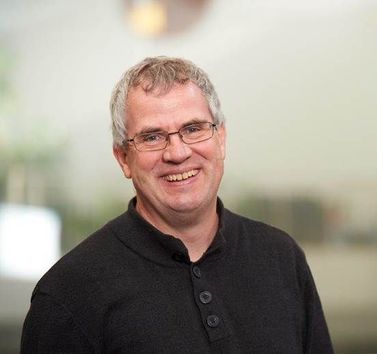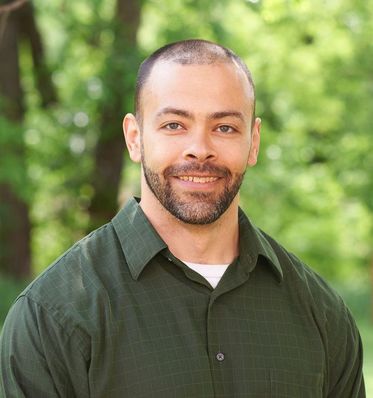About the Authors:

Bruno Dyck, is a Full Professor and holds the Norman Frohlich Professorship in Business Sustainability at the I.H. Asper School of Business, University of Manitoba. Bruno loves being a management professor, scholar and teacher. His research has been published in many top management journals, he has written several other textbooks, and he has received teaching awards in his School, his University, and was the first business scholar to win the Expanded Reason Award (Pedagogy) in 2019 (click here for more information).
He is especially excited about “Management: Financial, Social, and Ecological Well-being” because it unites many of the themes he is most passionate about, and it is the kind of book many of his students and colleagues have encouraged him to write.
“The book takes seriously the social and ecological problems facing humankind, and describes management theory and practice regarding what managers can do to address these issues.” In particular, he is excited to present the Social and Ecological Thought (SET) management approach, because he believes it will become increasingly relevant for Millennials (and for the planet).
Bruno is thankful that each of the three approaches to management described in the book is the preferred approach of at least one co-author. “Writing with co-authors who have diverse views helps to ensure that the book is balanced and fair in how it presents each approach to management.” Empirical research shows that teaching multiple approaches to management is an effective ways to increase critical thinking and ethical thinking in the business school (see the "Related Research" tab).
Finally, Bruno is excited that the book has an ongoing emphasis on entrepreneurship. “This is something I’ve always incorporated when I’ve taught Management. The way the book is set up harnesses students’ energy for starting a new venture, and uses that as a context to apply management concepts in an organizational setting.” That said, Bruno is quick to add that the book has been structured in such a way so that instructors can easily omit the sections dealing with entrepreneurship, which are placed at the end of each chapter.
He is especially excited about “Management: Financial, Social, and Ecological Well-being” because it unites many of the themes he is most passionate about, and it is the kind of book many of his students and colleagues have encouraged him to write.
“The book takes seriously the social and ecological problems facing humankind, and describes management theory and practice regarding what managers can do to address these issues.” In particular, he is excited to present the Social and Ecological Thought (SET) management approach, because he believes it will become increasingly relevant for Millennials (and for the planet).
Bruno is thankful that each of the three approaches to management described in the book is the preferred approach of at least one co-author. “Writing with co-authors who have diverse views helps to ensure that the book is balanced and fair in how it presents each approach to management.” Empirical research shows that teaching multiple approaches to management is an effective ways to increase critical thinking and ethical thinking in the business school (see the "Related Research" tab).
Finally, Bruno is excited that the book has an ongoing emphasis on entrepreneurship. “This is something I’ve always incorporated when I’ve taught Management. The way the book is set up harnesses students’ energy for starting a new venture, and uses that as a context to apply management concepts in an organizational setting.” That said, Bruno is quick to add that the book has been structured in such a way so that instructors can easily omit the sections dealing with entrepreneurship, which are placed at the end of each chapter.

Arran Caza is an Associate Professor in the Bryan School of Business and Economics at the University of North Carolina Greensboro. His research examines managers and leadership development, with a focus on age and culture-related aspects of leadership. He earned his PhD in management and psychology from the University of Michigan, his MA in psychology from the University of Michigan, and his BSc in economics from the University of Ottawa. He has researched and taught on three continents. Before becoming an academic, he worked in program evaluation, health promotion, and law enforcement. For more information click here.
|
Fred Starke earned his B.A. and M.B.A. from Southern Illinois University and his Ph.D. from Ohio State University. He has been actively involved in teaching, research, and administration at the University of Manitoba since 1968. His teaching interests focus on decision making, organizational politics, goal setting, and conflict resolution. He has published research articles in scholarly journals such as Administrative Science Quarterly, the Journal of Applied Psychology, and the Academy of Management Journal. He also writes articles for professional journals such as The Journal of Systems Management and Information Executive. His most recent research focuses on conflict and change within organizations. His textbooks, Contemporary Management in Canada and Business, are used in universities and community colleges in Canada. He regularly presents seminars on the topics of decision making and goal setting to practicing managers in the public and private sectors (click here for more information).
|
